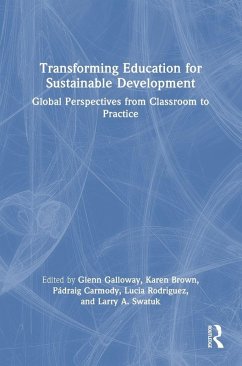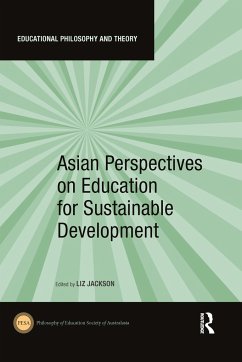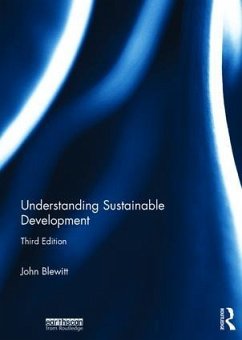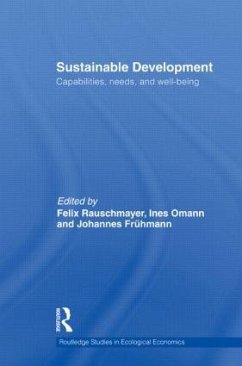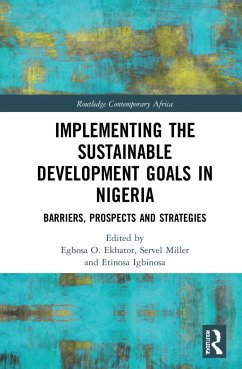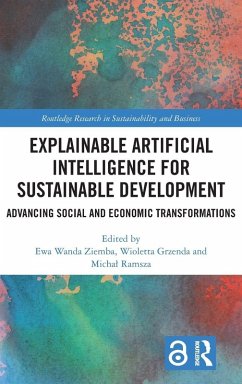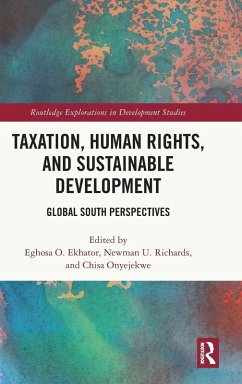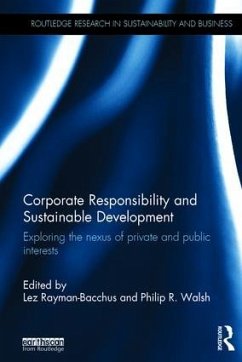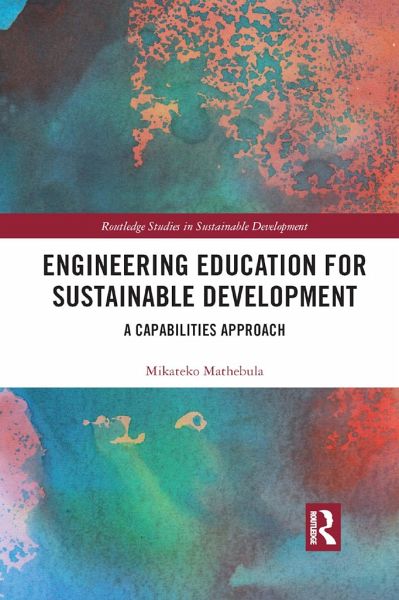
Engineering Education for Sustainable Development
A Capabilities Approach

PAYBACK Punkte
28 °P sammeln!
This book demonstrates how the theoretical concepts of the capabilities approach can be applied in the context of engineering education, and how this could be used to add nuance to our understanding of the contribution higher education can make to human flourishing. In demonstrating the usefulness of the capability approach as a lens through which to evaluate the outputs of engineering education, the author also shows how the capability approach can be informed by, and informs, the concept of 'sustainable development' and discusses what pedagogical and curricula implications this may have for ...
This book demonstrates how the theoretical concepts of the capabilities approach can be applied in the context of engineering education, and how this could be used to add nuance to our understanding of the contribution higher education can make to human flourishing. In demonstrating the usefulness of the capability approach as a lens through which to evaluate the outputs of engineering education, the author also shows how the capability approach can be informed by, and informs, the concept of 'sustainable development' and discusses what pedagogical and curricula implications this may have for education for sustainable development (ESD), particularly in engineering. As such, the book builds on the work of scholars of engineering education, and scholars of university education at the nexus of development and sustainability. Engineering employers, educators and students from diverse contexts discuss both the capabilities and functions that are enlarged by engineering education and the impact these can have on pro-poor engineering or public-good professionalism. The book therefore makes an original conceptual and empirical contribution to our thinking about engineering education research. The book provides inspiration for both engineering educators and students to orient their technical knowledge and transferable skills towards the public good. It will also be of great interest to students and researchers interested in education for sustainable development more generally and to engineers who are interested in doing work that is aligned with the goals of social justice. The book will also appeal to scholars of the capability approach within higher education.





